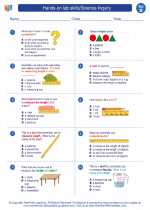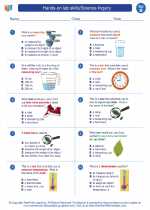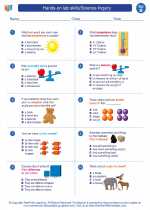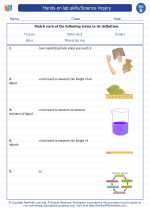Pollution
Pollution is the introduction of harmful substances or products into the environment. These substances can cause damage to living organisms and their habitats. Pollution can take many forms, including air, water, and soil pollution.
Types of Pollution
Air Pollution: This occurs when harmful substances are released into the atmosphere, such as carbon monoxide, sulfur dioxide, and particulate matter from vehicle emissions and industrial processes.
Water Pollution: This happens when pollutants are discharged into bodies of water, such as lakes, rivers, and oceans. Common water pollutants include chemicals, sewage, and oil spills.
Soil Pollution: Soil pollution occurs when hazardous substances are introduced into the soil, often through improper disposal of waste and the use of pesticides and fertilizers.
Causes of Pollution
Pollution is primarily caused by human activities, including industrial processes, transportation, agriculture, and improper waste disposal. Natural events, such as volcanic eruptions and wildfires, can also contribute to pollution.
Effects of Pollution
The effects of pollution on the environment and living organisms can be severe. Air pollution can lead to respiratory problems in humans and animals, while water pollution can harm aquatic life and contaminate drinking water sources. Soil pollution can affect plant growth and the health of organisms that rely on the soil for food and habitat.
Preventing Pollution
Efforts to prevent pollution include implementing regulations and laws to control emissions and waste disposal, promoting sustainable practices in industries and agriculture, and raising awareness about the importance of environmental conservation.
Study Guide
- Define pollution and provide examples of different types of pollution.
- Explain the causes of pollution and how human activities contribute to it.
- Discuss the effects of pollution on the environment and living organisms.
- Describe measures that can be taken to prevent pollution and protect the environment.
Understanding the causes, effects, and prevention of pollution is crucial for promoting environmental sustainability and protecting the planet for future generations.
[Pollution] Related Worksheets and Study Guides:
.◂Science Worksheets and Study Guides Second Grade. Hands-on lab skills/Science Inquiry

 Worksheet/Answer key
Worksheet/Answer key
 Worksheet/Answer key
Worksheet/Answer key
 Worksheet/Answer key
Worksheet/Answer key
 Vocabulary/Answer key
Vocabulary/Answer key
